April 15, 2025 | 07:16 GMT +7
April 15, 2025 | 07:16 GMT +7
Hotline: 0913.378.918
April 15, 2025 | 07:16 GMT +7
Hotline: 0913.378.918
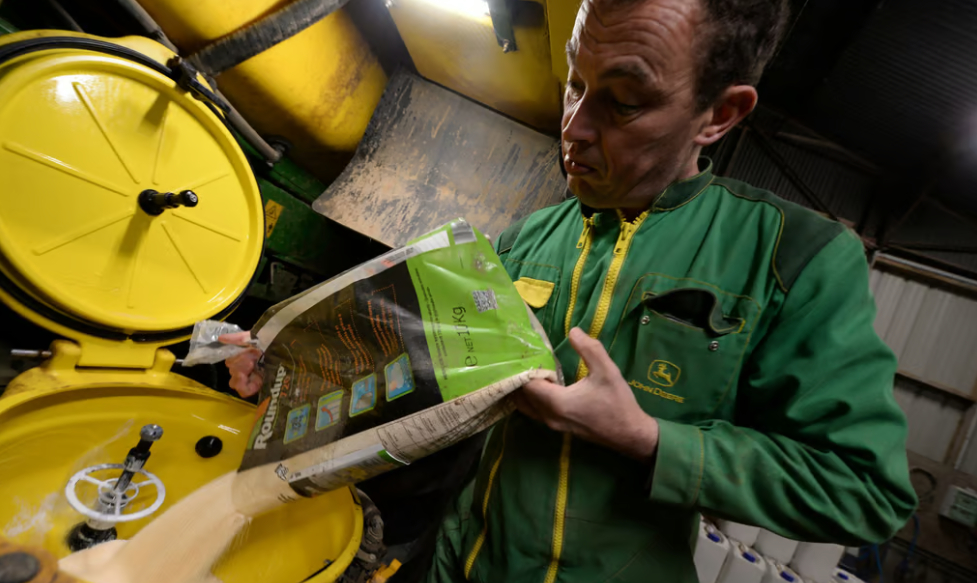
Photo: JEAN-FRANCOIS MONIER/AFP via Getty Images
Glyphosate, a chemical used in herbicides such as weed killers, has been a source of controversy since the World Health Organization's cancer agency concluded in 2015 that it was probably carcinogenic to humans.
But EU officials confirmed on Wednesday that, after the EU's food safety agency EFSA had found no critical areas of concern in a July assessment, it would recommend an extension of the substance's authorisation in the bloc for 10 years.
Officials recognised, however, that the EFSA analysis included data gaps and had failed to reach conclusions on certain aspects, including for consumer diets.
"Our proposal is based on solid scientific information," an EU spokesperson said.
"But at the same time we must be aware that science never stops. We should continue to closely follow all scientific evolutions and find a balance between the information which supports the Commission's decision, and the possibility that new scientific elements could appear," he added.
EU authorisation for glyphosate expired in December 2022, but was extended temporarily pending assessments by EFSA and ECA, the EU's chemical agency.
Responding to the decision on social media platform X, previously Twitter, the Chair of the European Parliament's Environment Committee, Pascal Canfin, denounced the decision for contravening scientific advice.
EU countries are expected to debate the Commission’s recommendation on Friday, with a vote expected on October 13. The authorisation requires the approval of a qualified majority of member states.
If the recommendation is approved, countries can choose whether to place products containing glyphosate on the market, based on agricultural and environmental risks.
An EU official said 17 member states had raised technical questions around the decision.
Member states including France and Luxembourg have in the past considered placing restrictions on the use of products containing glyphosate.
But French agriculture minister Marc Fesneau said in an interview with Ouest France last week that Paris would back the EU's decision. "We trust the science, the studies which say that glyphosate does not pose a carcinogenic problem," he said.
NGOs had called on the European Commission to prohibit the chemical, citing risk to human health. biodiversity and agriculture.
NGO Pesticides Action Network Europe said the decision is "in stark contrast to the will of the Europeans," citing a recent IPSOS poll in 6 EU countries which suggested only 14% of citizens supported prolonging glyphosate use.
(ERN)
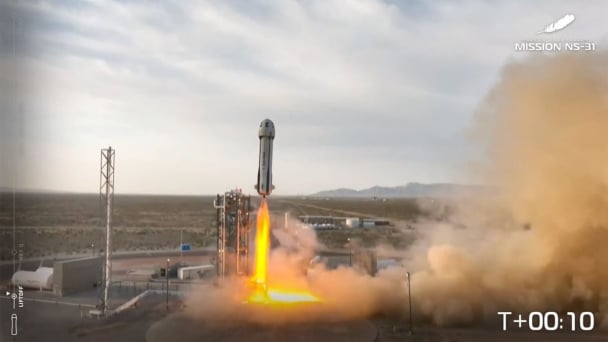
(VAN) 169 lotus seeds selected by the Vietnam Academy of Agricultural Sciences were carried into space by Vietnamese-American astronaut Amanda Nguyen.
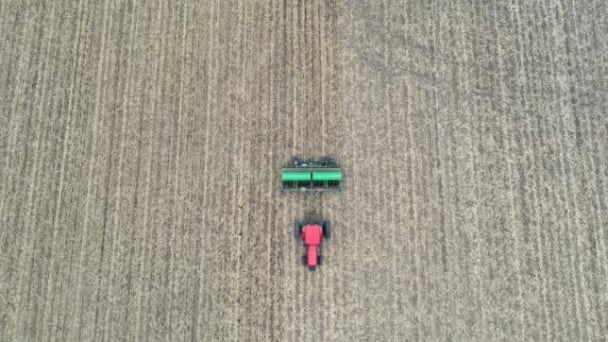
(VAN) Tariffs are making life more expensive for John Pihl. He's been farming in Northern Illinois for more than 50 years.
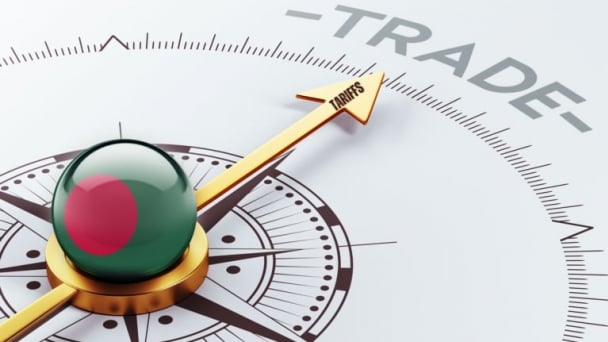
(VAN) European and American farmer organisations are concerned about the import tariffs that the United States introduced on 9 April for products from the European Union. This makes them 20% more expensive.
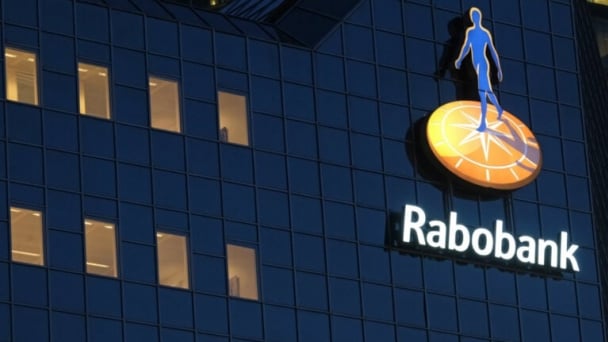
(VAN) Global poultry trade is expected to remain strong amid relatively tight global protein supply and growing consumption, RaboResearch concludes in its latest animal protein report.
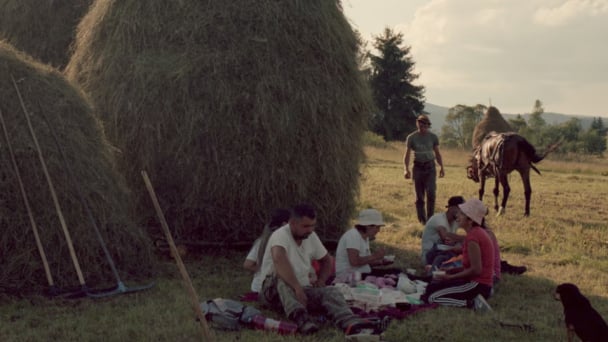
(VAN) Traditional methods benefit hundreds of species but as new agricultural techniques take over, the distinctive haystacks mark a vanishing way of life.
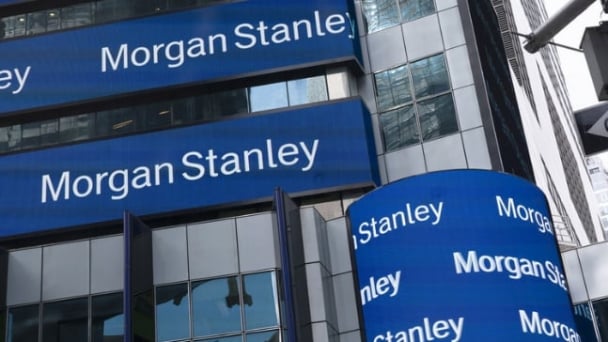
(VAN) The nation’s top banks are quietly advising their clients on how to build a financial life raft - or perhaps life yacht - from the wreckage of runaway climate change.
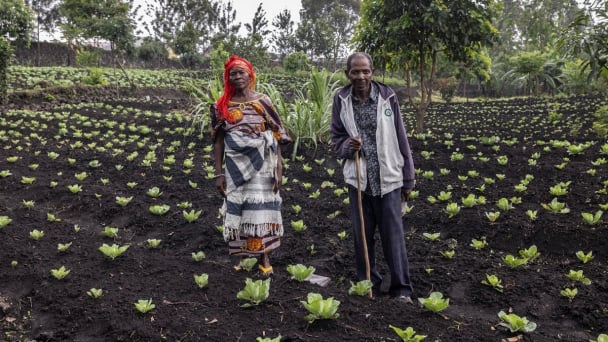
(VAN) From FAO Office in the Democratic Republic of the Congo.